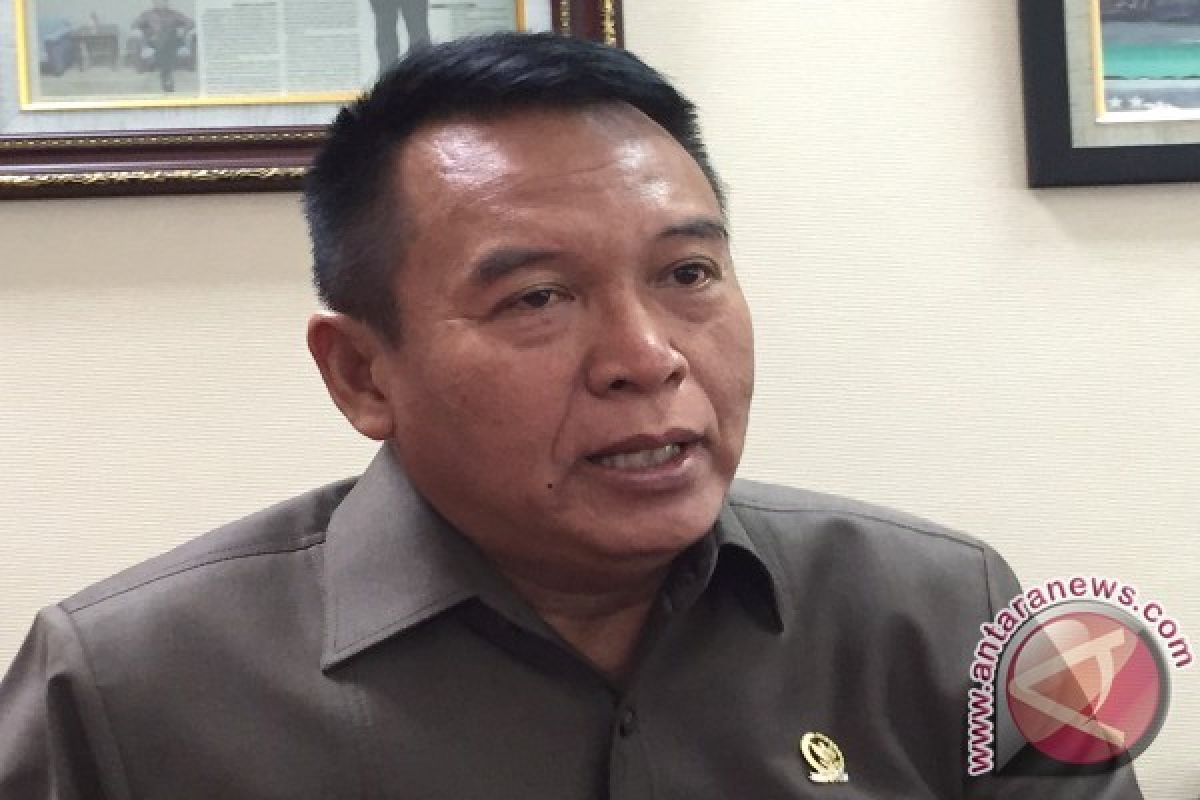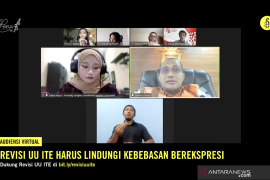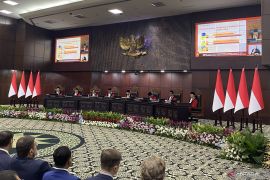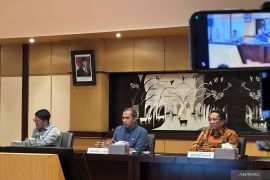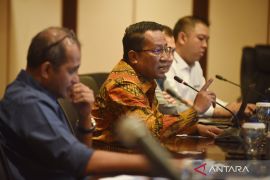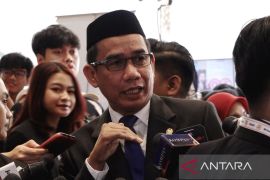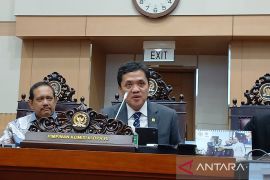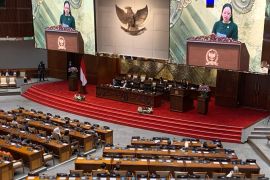The government agreed to the punishment of less than five years, whether it will be four or three years."Jakarta (ANTARA News) - Factions of the House of Representatives (DPR) have agreed to reduce the punishment from six years imprisonment to less than five years for defamation offenses as regulated in the Information and Electronic Transactions (ITE) Law.
"We, in Commission I of the House, discussed Article 27 of the ITE Law and have agreed to reduce the punishment on defamation from six years in jail to less than five years," T.B. Hasanudin, deputy chairman of Commission I in charge of communications and informatics affairs of the DPR, stated here on Tuesday.
Hasanudin made the remarks before chairing a meeting of the working committee on the Revision of Law No. 11 of 2008 on ITE.
The deputy chairman remarked that with the imposition of less than five years punishment, there will be a legal process, but the offenders will not be subject to arrests. They will likely only receive sanctions.
"The government agreed to the punishment of less than five years, whether it will be four or three years. We then discussed matters relating to defamation in the Criminal Code Procedure (KUHAP) for a period of nine months and in the Draft Law of KUHAP for 12 months. However, we will invite experts on criminal law," he stated.
The House factions also agreed that defamation offenses should warrant complaints. Thus, whoever felt they were defamed should file a complaint if they want their cases to be legally processed.
"If they feel offended, no matter whether they are presidents or tricycle drivers, they should file complaints or else their cases will not be processed," he noted.
Another agreement reached was the need to clear the name of a person who was not found guilty of defamation.
It is the court that decides whether a person is guilty, and the state should then remove all inaccurate information concerning that individual from the online media.
"For instance, if a person is declared not guilty of corruption based on the courts verdict, the state should remove information on that individual from the online media," he added.
(Uu.A014/INE/KR-BSR/B003)
Editor: Priyambodo RH
Copyright © ANTARA 2016
